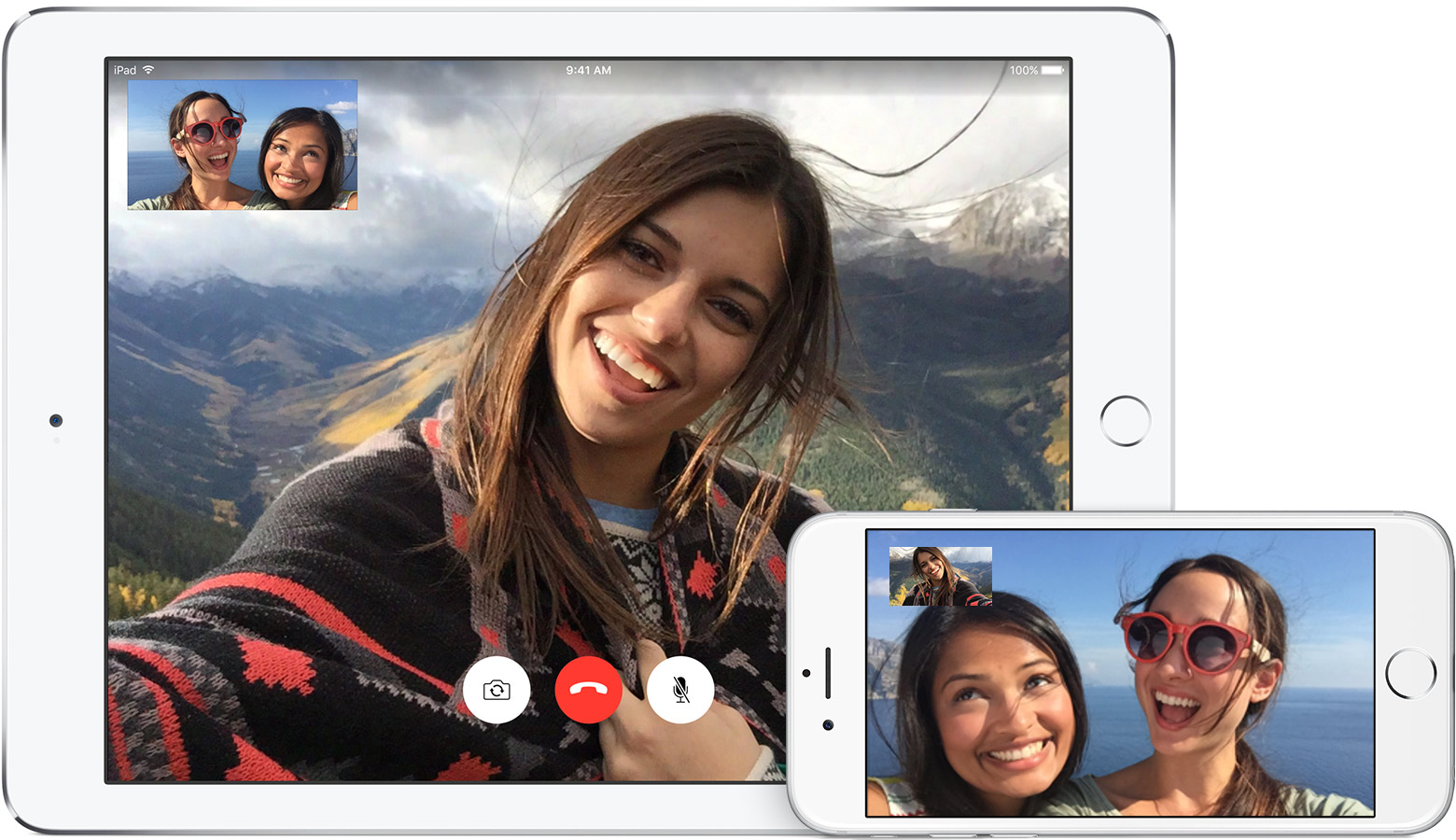
A lawsuit filed in California back in 2017 related to the video calling feature FaceTime has reportedly been settled for millions of dollars.
According to Law360.com (via MacRumors), Apple has agreed to settle a longstanding lawsuit against it for upwards of $18 million. This is a class action lawsuit filed in California way back in 2017, which originally accused Apple of breaking FaceTime in iOS 6 for iPhone users, all with the plan to make those users upgrade to iOS 7. The reason for the forced upgrade? FaceTime and the fees that Apple was paying to a company called Akamai Technologies.
Here’s the relevant background: When Apple launched FaceTime, it did so with two underlying technologies to make the video call feature connect folks. The first was a peer-to-peer system that created a direct connection between two devices, and a relay method that relied on data servers to make the connection. That latter method relied on the delivery network company Akamai.
Apple ran afoul with the first method because it was found to infringe on patents held by VirnetX back in 2012, and, as a result, forced Apple to rely more heavily on the relay method and Akamai Technology, which means Apple had to start shelling out a lot of money. According to the testimony, Apple was paying upwards of $50 million in fees, which was obviously not something Apple wanted to keep doing.
So Apple developed new peer-to-peer technology for FaceTime that made its big debut with iOS 7. So folks who remained on iOS 6 were still using the relay method tied to Akamai Technologies, and, as such, Apple would still be paying fees for those customers. The class action lawsuit originally alleged that Apple created a “fake bug” that caused digital certificates to expire in the middle of April of 2014, which effectively broke FaceTime in iOS 6.
Breaking FaceTime in iOS 6 meant Apple didn’t need to pay the fees, and would get customers to upgrade to the newest version of iOS that did not rely on Akamai’s relay technology for the video calling feature — according to the lawsuit.
Fast forward to today and it appears that Apple has decided to settle the case, and it will pay $18 million to do so. The majority of that amount will be going to paying attorney fees and other expenses. A smaller amount will be doled out to those named in the class action lawsuit.